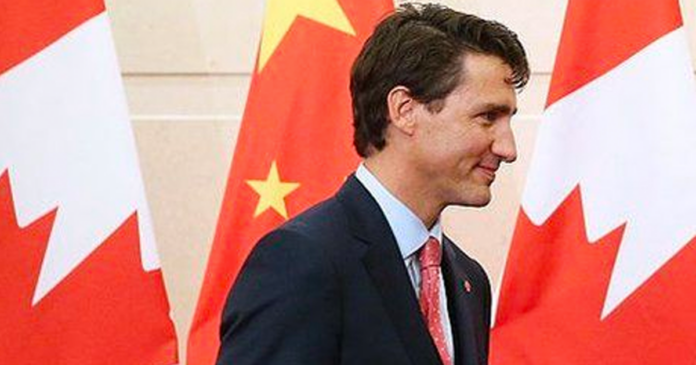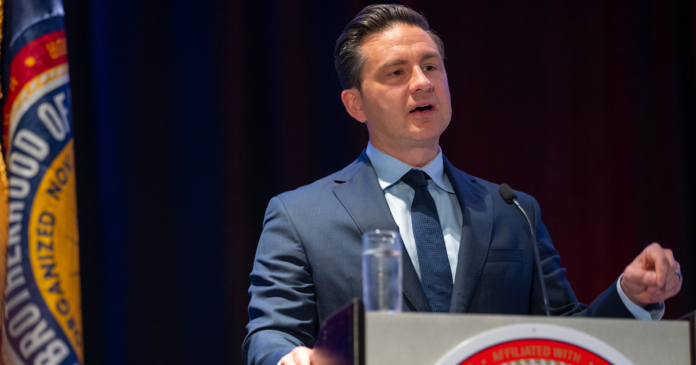Teen anti-gender ideology activist Josh Alexander has won a court victory to be allowed to act as an independent adult and appeal disciplinary notices by the Renfrew County Catholic District School Board so that he can enroll back into St. Joseph’s Catholic High School.
Last year, Alexander was suspended and eventually barred from being on school grounds after he challenged a teacher on gender identity while in class.
Upon returning to school in February, school officials called the police on the then 16-year-old teen and had him arrested.
In an attempt to try and appeal the decision by the school board, Alexander sought to represent himself but was told that his parents would have to be the ones to file the appeal.
Alexander went a step further and provided affidavits from his parents saying that he had “withdrawn from parental control” and was an independent adult.
According to a ruling by the Ontario’s Superior Court of Justice, the school board still refused to accept Alexander’s request.
“The School Board, however, refused to grant Josh standing on the basis that there was insufficient objective evidence to support Josh’s assertion,” wrote Justice Jaye Hooper.
“I do not believe a court has the right to overrule the manner in which a family decides to structure itself, just because it is outside the norm.”
Ultimately, the Superior Court of Justice ruling from last week sided with Alexander by asserting that he had withdrawn from parental control legally.
“The goal is to prove that I didn’t bully any students, that the school was discriminating against me because of my religious beliefs and to have me reinstated in the class for education this year,” Alexander told the National Post.
Alexander has since filed a complaint with the Human Rights Tribunal so that he can finally be re-enrolled at his school.
“(They) kicked me out of school for seven or eight months and then they were silent with no communication for a while,” Alexander told the National Post.
“Then they just emailed me at the end of summer and said because I wasn’t present for any classes — that I was kicked out of — that they un-enrolled me, they de-registered me from the school.”



























